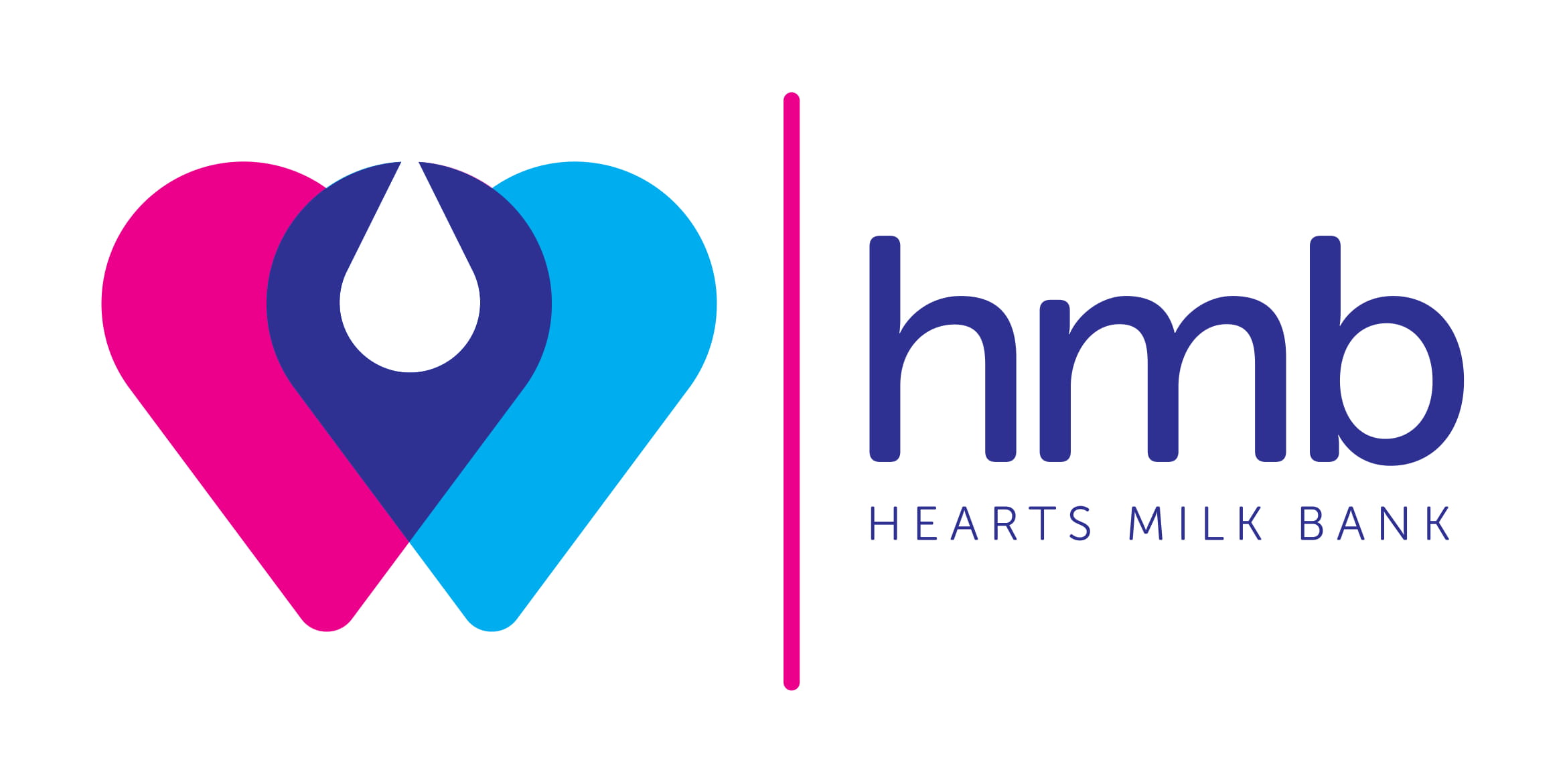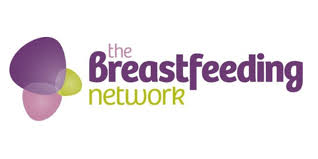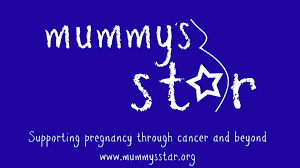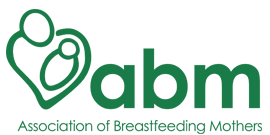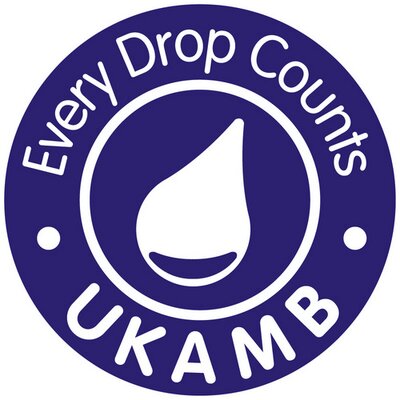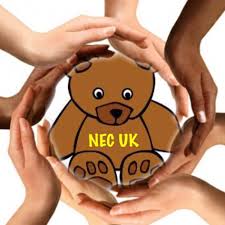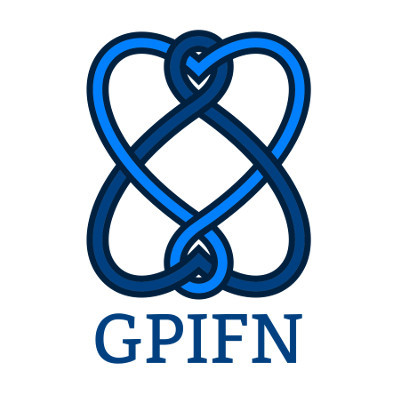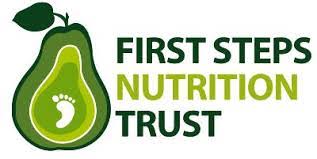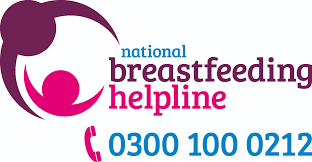It is a sign of how strange 2020 continues to be that publishing in The Lancet comes with a sense of great sadness, rather than celebration. But the response from Dr Natalie Shenker and colleagues from the Global Alliance of Milk Banks and Associations to a flawed case report published in May that suggested SARS-CoV-2 was present in human milk feels like too little, too late.
Although flawed in methodology and conclusions, the original article implied in its conclusions that COVID-19 could be transmitted through breastfeeding. This influenced medical and national policies globally. It was shared over 3000 times on Twitter, picked up by news outlets globally, and has been cited over 70 times since.
As a coronavirus, transmission through breastfeeding would be very unlikely. SARS, MERS and other coronaviruses are of the type that are fragmented by the breast’s own immune system. However, for any new infection, it is really important to know whether it behaves in a different way. Those of us working in human milk banks know all too well the potential impacts of any new pathogen. But that means the information has to be collected and interpreted very carefully. The high Ct values from the case report show that it took many rounds of a technique called polymerase chain reaction to amplify the isolated fragments. This finding indicates to virologists that only viral fragments were present. Importantly, although the breasts were cleaned before milk samples were pumped, the symptomatic baby had just fed at the breast before each sampling, meaning a high chance of contamination at the nipple. This was admitted in conversations with the author, but not reported in the published paper. Tellingly, the paper was also rushed out – only four citations were used to support the data presented, and two of those were pre-prints, papers published without being peer reviewed.
Other papers have since refuted the findings of this report. Breastfeeding has been consistently considered safe by the WHO and more recent data indicates that neutralising antibodies against the COVID-19 virus are present in some women who have suffered COVID-19, or even just been exposed to family members with infections.
Our response, from five academic milk bank leaders in Europe and India was put together and submitted within 5 days of the original publication. Others sent letters too. But it took 5 months to publish just one. The damage done by national policies of separating mothers from infants, and the doubts placed in mother’s minds, are only now becoming clear.
Other organisations with more commercially minded aims have seized on this uncertainty as an opportunity, as also highlighted in The Lancet today.
Haste to publish has been a part of the scientific culture of this pandemic. But at what cost? Scientists should not act in isolation from the societies in which they live. Being the ‘first’ may be exciting, but can have consequences that open a Pandora’s box nigh impossible to close.

